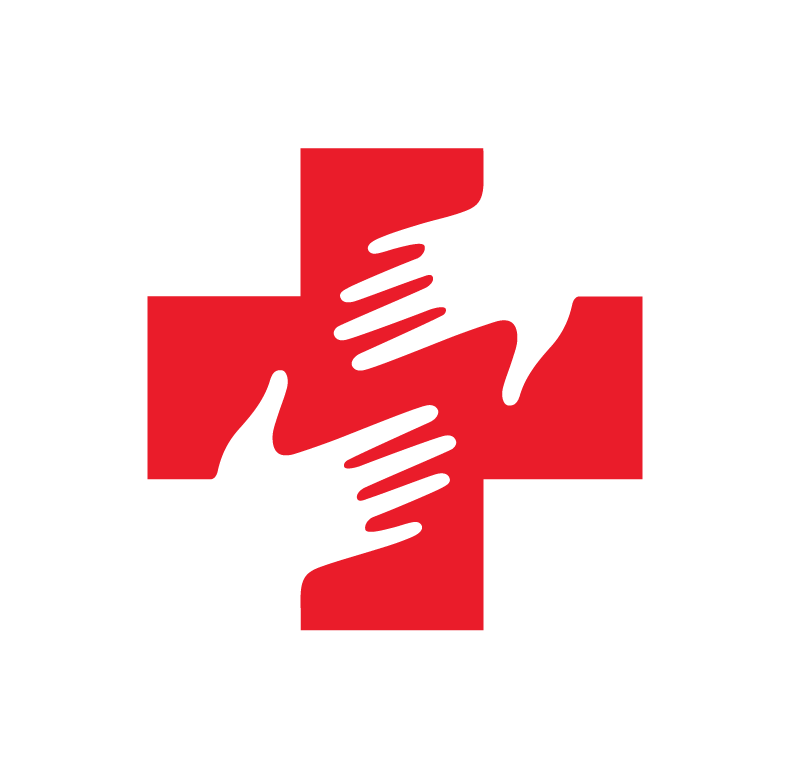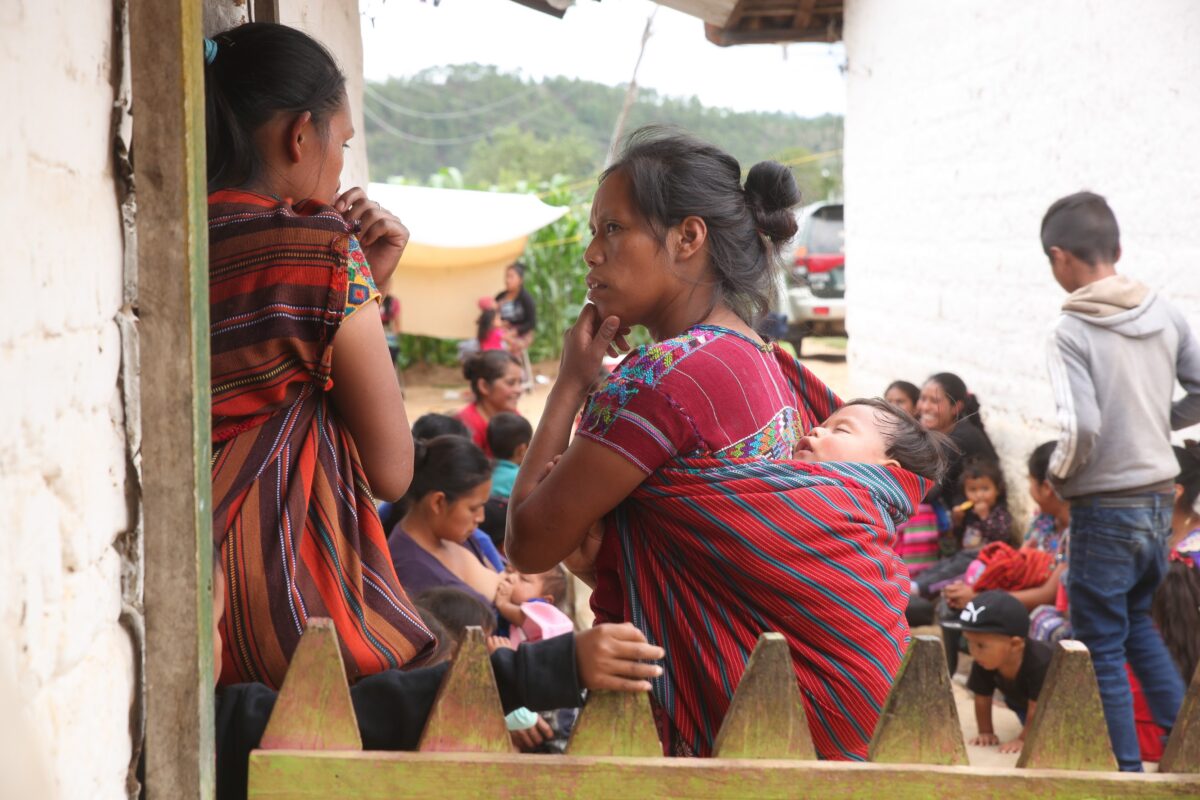
Fatigue that never goes away. Dizziness that makes walking feel like a chore. Hair thinning, shortness of breath, and a racing heart during everyday activities. For many women, these are not just random symptoms — they are signs of low ferritin.
Ferritin is a protein that stores iron in the body and releases it when needed. It’s a crucial marker of iron status — even more sensitive than hemoglobin. When ferritin levels fall below 30 ng/mL, women often report persistent exhaustion, brain fog, and difficulty coping with normal daily routines. Below 15 ng/mL, more alarming symptoms may appear: restless legs, chest discomfort, irregular heartbeat, and increased susceptibility to infections.
Iron deficiency is the most common nutritional deficiency in the world, and women of reproductive age are disproportionately affected. According to the World Health Organization, over 30% of women globally are anemic, and low ferritin is a precursor to anemia. During menstruation, pregnancy, and breastfeeding, women lose iron at higher rates, making sufficient intake vital. When ferritin is low, the body begins to run on empty — quietly, chronically, and often unnoticed.
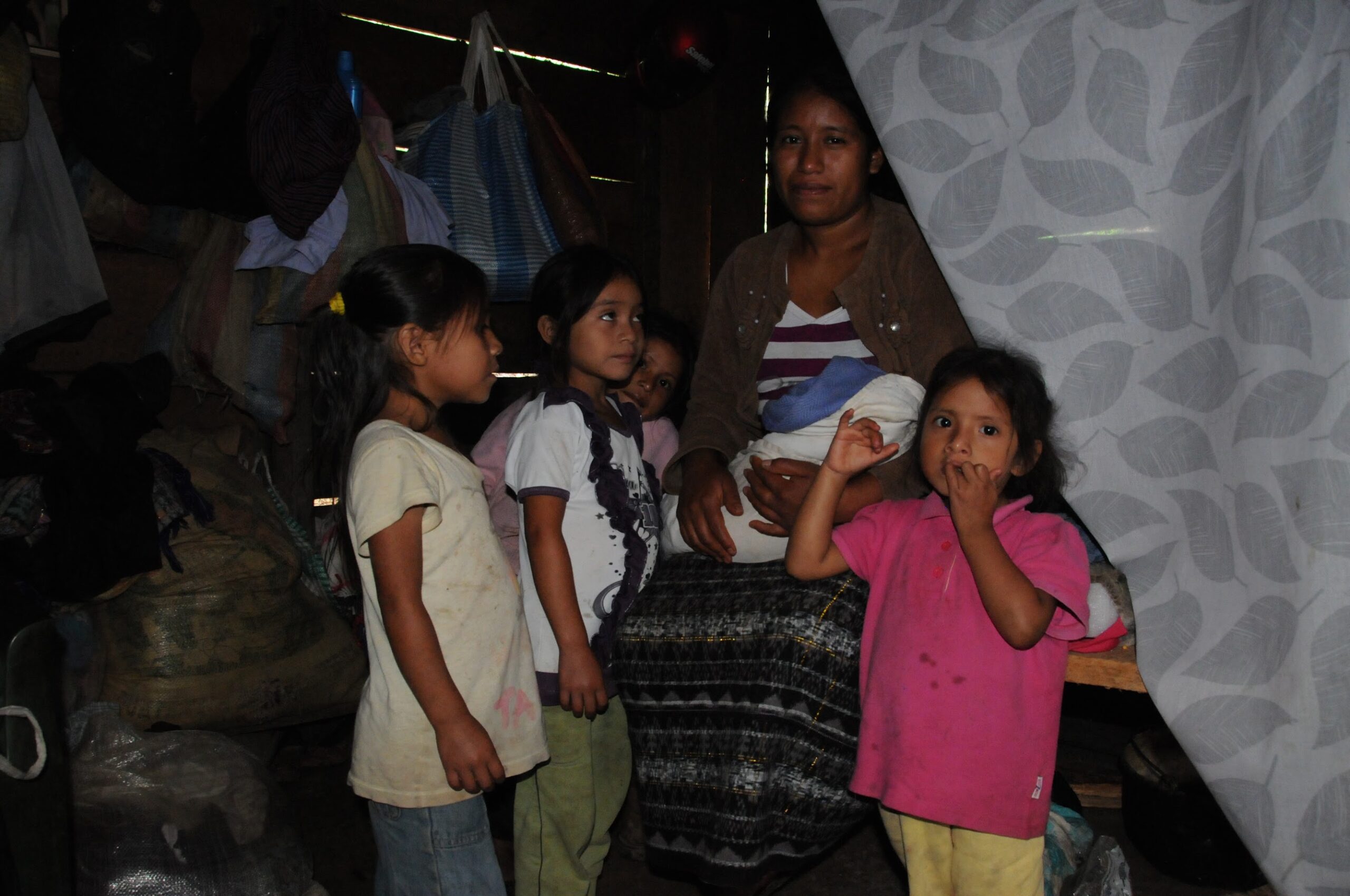
In remote regions of Guatemala and Nicaragua, this issue becomes even more critical. Many women face chronic undernutrition, limited access to iron-rich foods, and almost no opportunities for medical testing or follow-up care. Clinics are hours away, and iron supplements — when available — are often unaffordable or poorly tolerated. As a result, symptoms go unrecognized and untreated, and women continue to work, care for their families, and endure, all while feeling unwell.
According to UNFPA and CEPAL, Indigenous women in Guatemala have an average of 3.7–4.5 children. However, in some rural communities, it is not uncommon for women to have 8, 10, or even 12 children over their reproductive lifetime. Early and frequent pregnancies deplete iron stores, as the body lacksadequate time to replenish between births.
The burden of daily life often falls entirely on women — they care for children, cook, fetch water, work in the fields, and hold families together. Their days are physically demanding even in the best of circumstances. When ferritin levels are low, this invisible weight becomes even heavier. What should be a manageable routine turns into constant exhaustion, making it even harder to carry out the responsibilities their families rely on them for.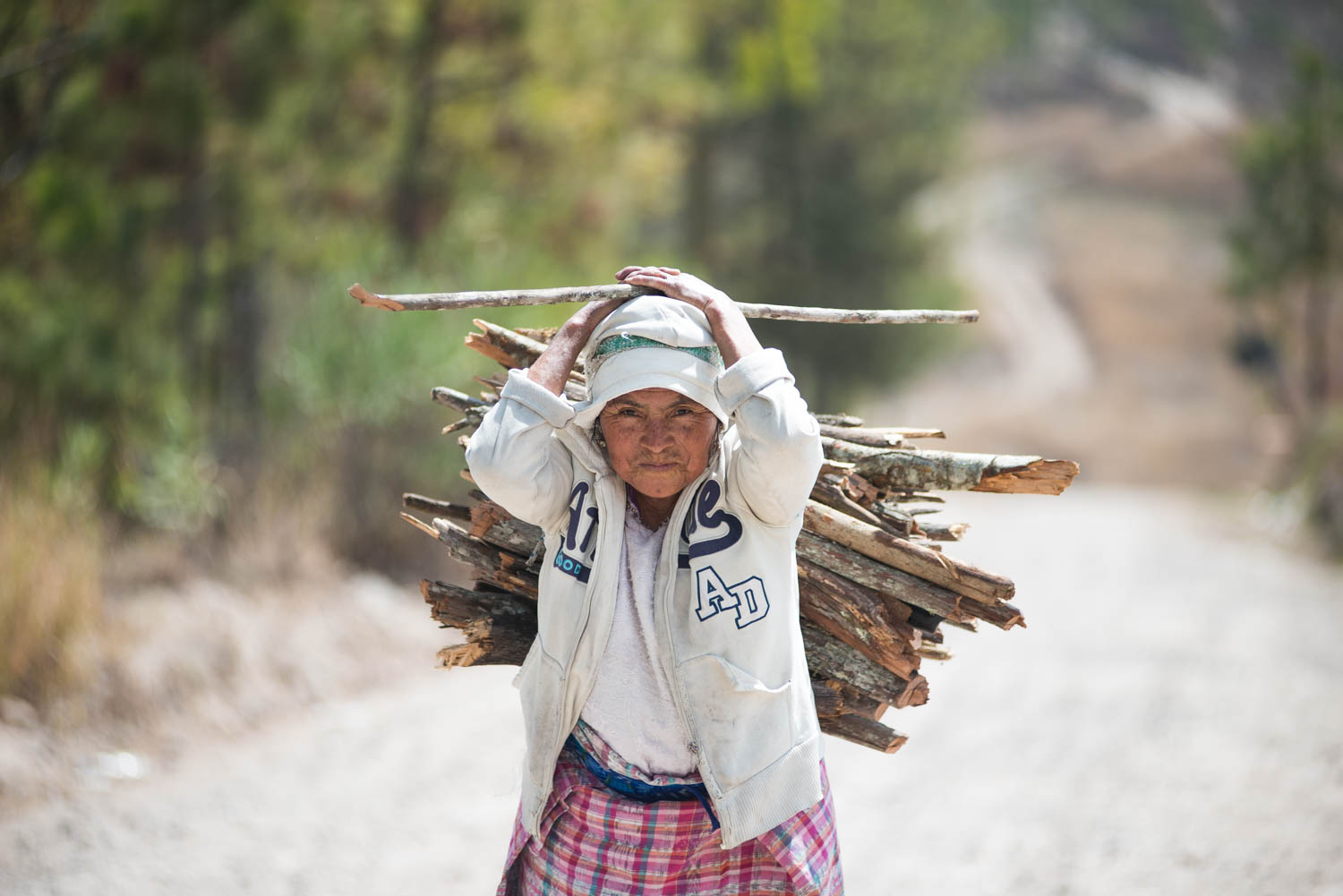
That’s why at Health & Help, we focus on supporting women in remote communities — not only by providing medical care, but also through education, prenatal care, and safe spaces where women can talk openly about their health. When a woman is healthy, her whole family benefits. We believe that caring for women means caring for entire communities.
Help us bring healthcare to women in remote regions.
Your monthly donation supports access to essential diagnostics, treatment, and education.
Become a monthly donor.
Last news
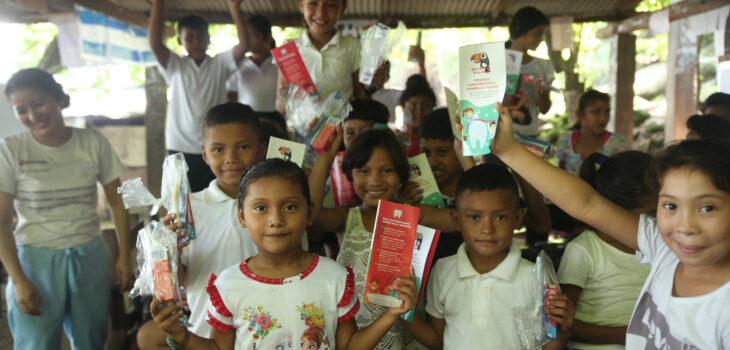
More Ways to Support
Looking for more ways to help? Your in-kind donations—like medical and hygiene items—empower Health & Help’s mission in Guatemala and Nicaragua. Find out how you can support healthcare and transform futures today. (2 min read)
Learn more
A Powerful Partnership for Women’s Health
When Ecologicasec first reached out to us on Instagram, we couldn’t imagine how meaningful our connection would become.
Learn more
Happy Mother’s Day to our patients!
In Nicaragua and Guatemala, women typically play the leading role in raising the family and looking after children and the household. This is so important, without mothers, nothing would get done!
Learn more
